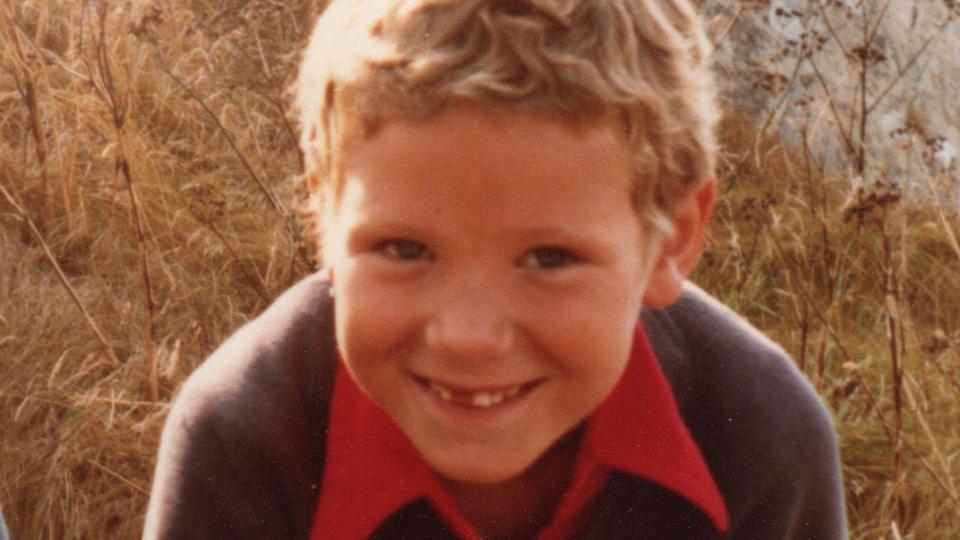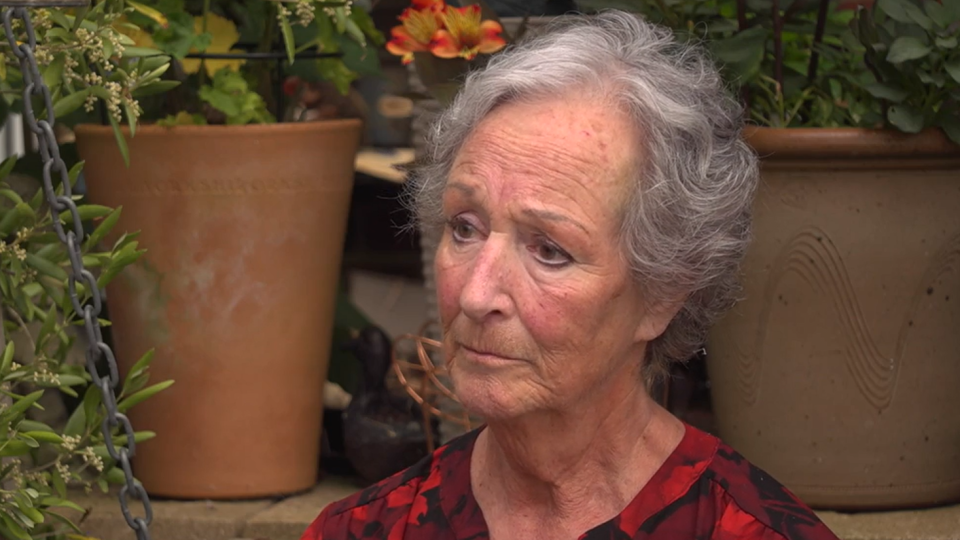A mother has admitted giving her terminally ill seven-year-old son a large dose of morphine to end his suffering and “quietly end his life”.
Antonya Cooper, from Abingdon, Oxfordshire, said her son Hamish had stage 4 cancer and was in “a lot of pain” before he died in 1981.
Now facing a terminal diagnosis, she admitted to BBC Radio Oxford as part of an effort to change the law on assisted dying.
Police said they were investigating her case. Assisted suicide – intentionally helping another person end their life – and euthanasia – deliberately ending a person’s life – are illegal in England.

Hamish had neuroblastoma, a rare cancer that mainly affects children.
He was five years old when he was diagnosed and was initially given a three-month prognosis.
After 16 months of “bestial” cancer treatment at Great Ormond Street Hospital, his life was prolonged, but he was in great pain, according to his mother.
She said: “On Hamish’s last night, when he said he was in a lot of pain, I said: ‘Would you like me to ease the pain?’ and he said, ‘Yes, please, Mommy.’
“And through your Hickman CatheterI gave him a large dose of morphine which quietly ended his life.”
BBC Radio Oxford asked the 77-year-old if she believed her son knew she intended to end his life.
She replied: “I feel strongly that the moment Hamish told me he was in pain and asked me if I could ease his pain, he knew, he knew somewhere what was going to happen.
“But obviously I can’t say why or how, but I was his mother, he loved his mother, and I loved him completely, and I wasn’t going to let him suffer, and I feel like he really knew where he was going.”
She continued: “It was the right thing to do. My son was facing the most terrible suffering and the most intense pain, I was not going to allow him to go through that.”
Asked if she understood she was potentially admitting manslaughter or murder, she replied: “Yes.”
“If they come 43 years after I allowed Hamish to die peacefully then I would have to face the consequences. But they would have to be quick, because I am also dying,” she added.


Four decades after Hamish’s death, his mother is facing her own incurable cancer.
She said his suffering and her own health problems cemented her feelings about assisted deaths.
“We don’t do that to our pets. Why should we do this to humans?” she said.
Proponents of the so-called “right to die” argue that people should be able to choose when and how to die in order to avoid suffering.
Critics said changing the law “putting pressure on vulnerable people to end their lives” for fear of being a financial or emotional burden.
Deputies recently discussed the issue in a parliamentary debatein which the government said it was a matter of conscience of individual parliamentarians and not government policy.
In a statement, Thames Valley Police said it was “aware of reports relating to an apparent case of assisted death of a seven-year-old boy in 1981”.
He added: “At this early stage, the force is investigating these reports and is not in a position to comment further whilst these investigations continue.”
Analysis – Alastair Fee, BBC South Health Correspondent
This is an extremely complex and highly controversial subject, but one that is gaining momentum.
Assisted dying is the phrase used to describe a situation in which someone with a terminal illness seeks medical help to obtain lethal medications that they administer themselves. Assisted suicide is helping someone else end their life.
Both are illegal in the UK, but recently Scotland, Jersey and the Isle of Man have announced that they are considering changing the law to allow terminally ill people to end their lives.
One hundred and ninety cases were referred to the Crown Prosecution Service over a 15-year period. Most were not pursued, there were four successful prosecutions.
If you have been affected by any of the issues in this story, the BBC Action Line has links to organizations that can offer support and advice
Follow BBC South on Facebook, X (Twitter)or Instagram. Send your story ideas to sul.newsonline@bbc.co.uk or through WhatsApp: 0808 100 2240.






































